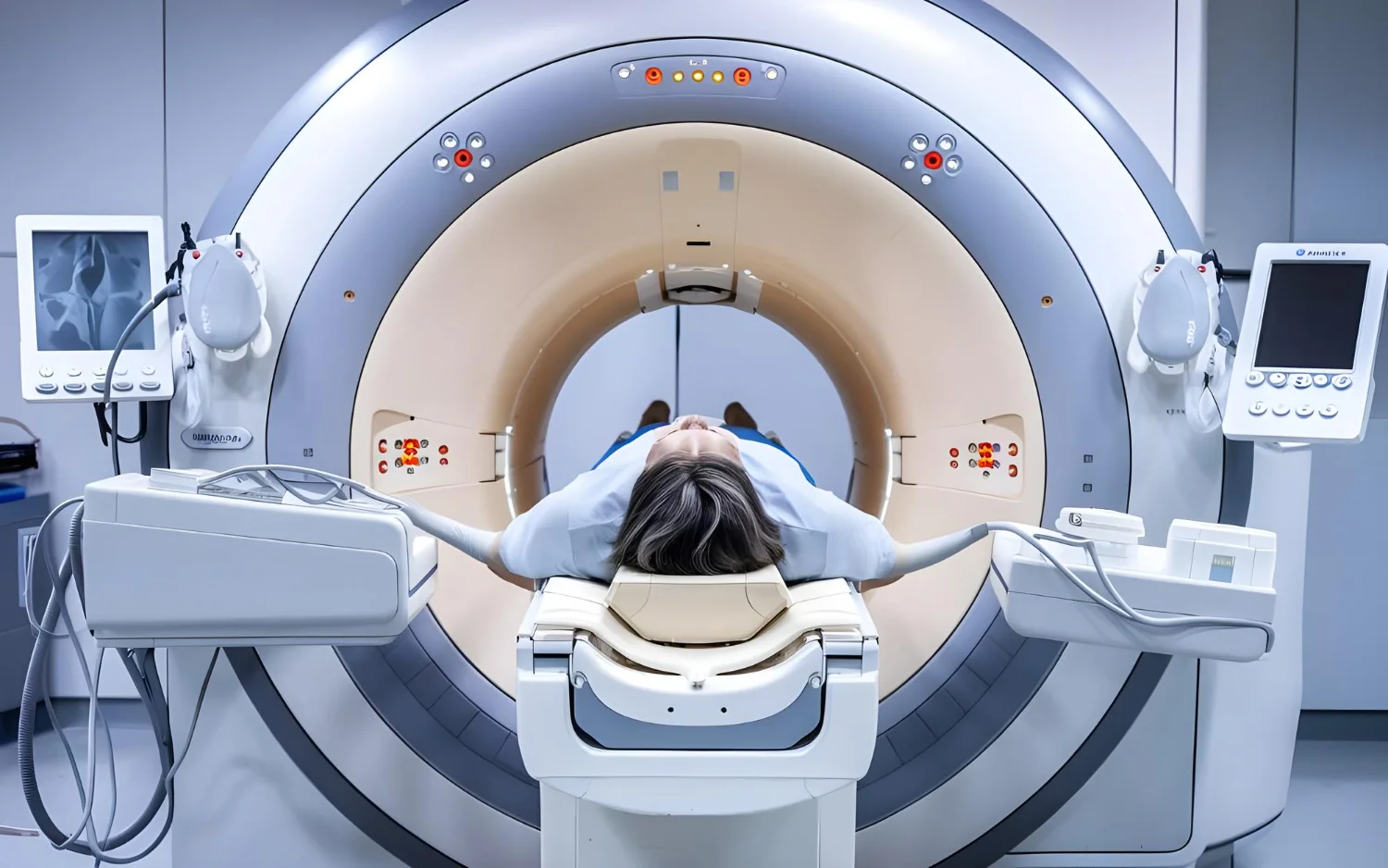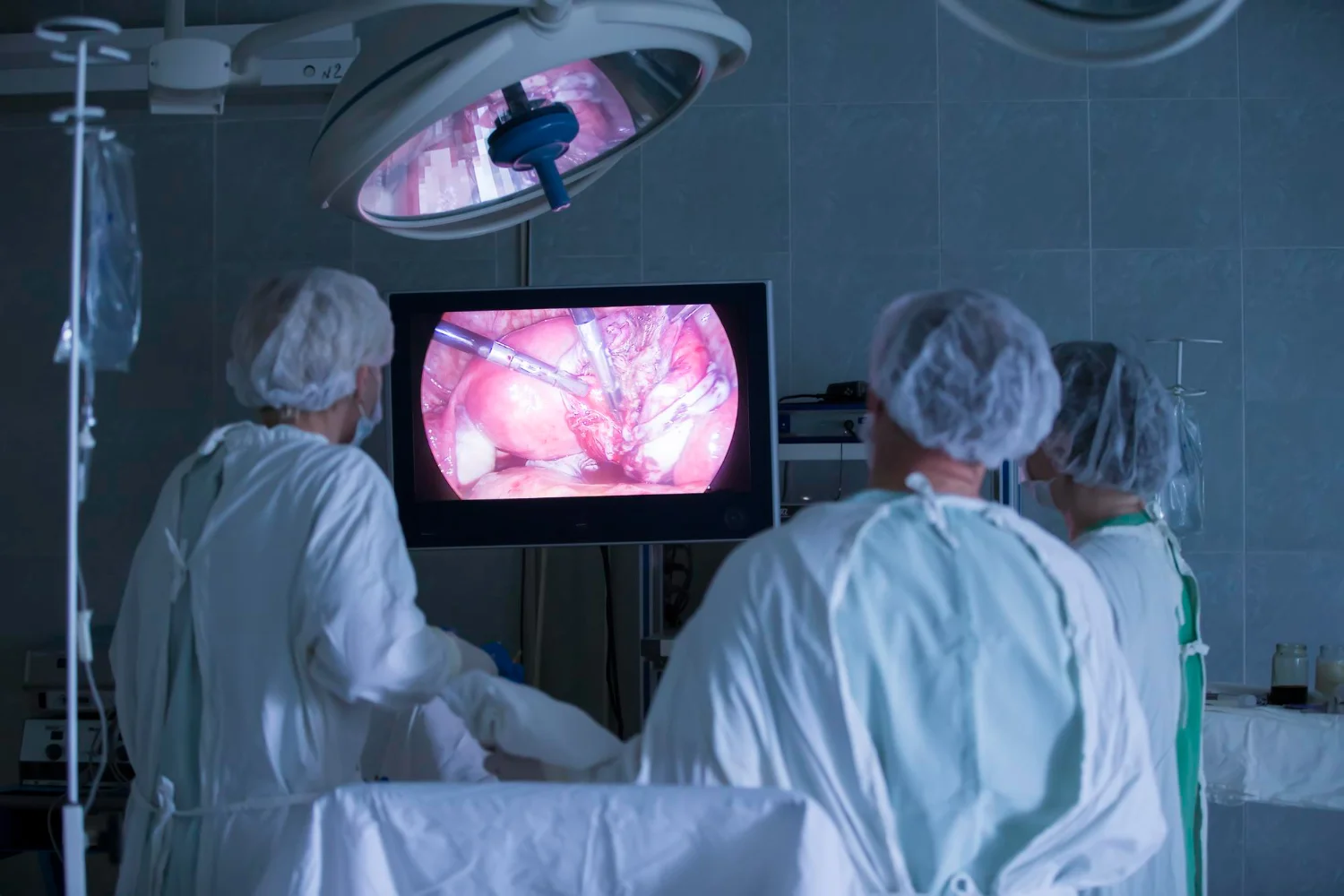Oncology Treatment – Dr. Amol Nagvekar
Overview of Oncology Treatment
When it comes to treating cancer, every second matters. Oncology treatment today has gone beyond surgery and chemotherapy. Dr. Amol Nagvekar uses advanced interventional radiology to treat cancer in a safe, less painful, and more targeted way.
These treatments are done using imaging, such as a CT scan or ultrasound. This helps Dr. Nagvekar treat the tumor without major surgery. It means fewer cuts, quicker recovery, and better results.
If you or a loved one is looking for expert care, Dr. Nagvekar is here to help.
Book your consultation now and take the first step toward better care.

What Conditions Can Be Treated?
Many cancer-related health problems can be treated using oncology treatment with interventional radiology. These methods are helpful when surgery is risky or not possible. They can also be used along with chemotherapy and radiation.
Here are some of the cancer-related conditions treated:
1. Liver tumors (HCC and metastases):
Includes primary liver cancer and tumors that have spread to the liver from other organs.
2. Kidney tumors (RCC):
These are treated using targeted heat, avoiding surgery in many cases.
3. Lung and adrenal tumors (in selected cases):
Certain types of tumors in these areas can be treated safely without open surgery.
4. Bone metastases:
Helps reduce pain and improve movement in patients with cancer that has spread to the bones.
5. Works in conjunction with other treatments:
These procedures enhance the effectiveness of chemotherapy and radiation, leading to improved outcomes.
All of these treatments are guided by imaging and performed with small incisions or needles. That means oncology treatment can be done faster and with less risk.
Interventional Oncology Procedures
Dr. Nagvekar utilizes the latest tools and technology to deliver the highest quality care. Each treatment is planned carefully for the patient’s unique case.

1. TACE (Trans-Arterial Chemoembolization):
2. Y-90 Radioembolization:
3. Tumor Ablation (RFA / Microwave):
4. Biliary Drainage / Nephrostomy / Venous Access:
These are supportive treatments that help manage symptoms and improve comfort.
All of these procedures are done without major surgery. That means less pain, fewer hospital days, and a faster return to a normal life.
Dr. Nagvekar’s focus is always on patient safety, comfort, and results.
Fast Help for Oncological Emergencies
Why Choose Dr. Amol Nagvekar?
- Board-certified interventional radiologist with over 1,000 successful procedures.
- Trained at Tata Memorial Hospital and Germany’s Alfried Krupp Hospital.
- Known for low-risk, high-success results.
- Trusted by top hospitals and cancer specialists in India.
- Patient-first approach, where every decision is made with care and compassion.
Book Your Consultation Today
FAQ
1. What does oncology treat?
Oncology is the branch of medicine that focuses on the diagnosis, treatment, and management of cancer. An oncologist diagnoses, manages, and treats various types of tumors, both cancerous and non-cancerous, using different methods like chemotherapy, radiation therapy, and interventional procedures for effective cancer care.
2. What are the 4 types of treatments for cancer?
The four main types of cancer treatment are surgery, chemotherapy, radiation therapy, and targeted or interventional therapy. These may be used alone or in combination, depending on the type, stage, and location of the cancer in the body.
3. Why would you be referred to oncology?
You’re referred to oncology if a doctor suspects or confirms cancer. Oncologists perform further tests, create a personalized treatment plan, and monitor your progress throughout the journey to manage cancer with the right approach and medical care.
4. How long is the treatment for oncology?
The duration of oncology treatment depends on the type and stage of cancer. It may last a few weeks to several months. Some treatments are short-term, while others require longer cycles, especially if combining chemotherapy, radiation, or interventional methods.
5. What are the survival rates of oncology?
Cancer survival rates vary depending on the type, stage, and response to treatment. Some cancers have a survival rate of over 90% when detected early, while others are more challenging to treat. Advances in oncology treatment have significantly improved survival and quality of life for many patients.
6. Is 4 rounds of chemo a lot?
Four rounds of chemotherapy are common and depend on the cancer type and treatment plan. Some patients require more, while others require less. The number of rounds is planned carefully by oncologists to balance effectiveness with patient tolerance and safety.
